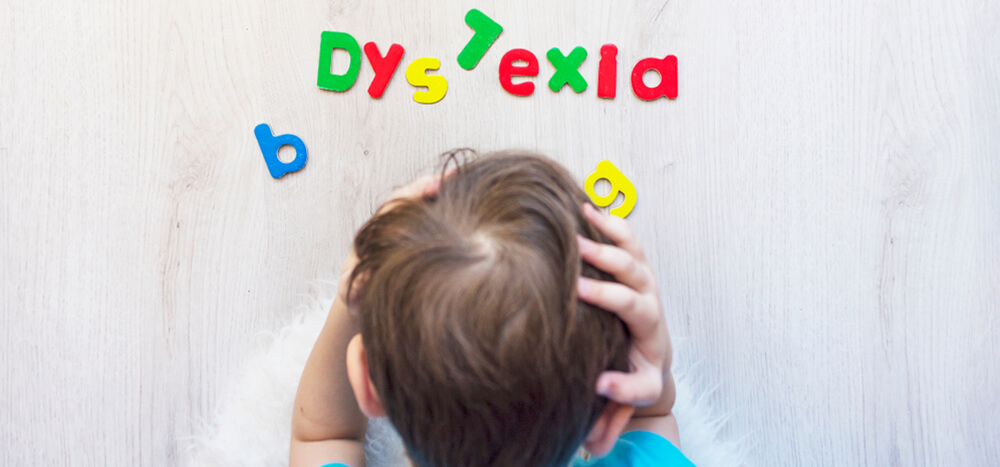Complex Learning Profiles


At Organizational Tutors, we offer executive functioning coaching for students with complex learning profiles, including those with language-based difficulties (i.e., dyslexia, expressive and receptive language challenges, etc.), dyscalculia, visual-spatial and auditory processing issues, and social and emotional difficulties that get in the way of their academic success. Since our tutors have diverse backgrounds and training, we’re able to find each student the ideal match, providing the best possible experience and outcome.
We not only provide support surrounding specific learning challenges, we also use different executive functioning tools to strengthen other skills as well. Our tutors have a wide knowledge of evidence-based strategies and strive to help students increase self-efficacy and self-esteem beyond the task at hand with a goal of internalizing the skills so that they can apply them independently. We also believe it’s crucial to normalize difficulties and challenge beliefs about how learning challenges are related to intelligence or abilities overall. This helps your child gain perspective and build the confidence they deserve!

Our Approach
To illustrate how we work and the researched-based techniques we use, we’ll highlight three learning difficulties some of our students face and how we address them.
Dyslexia

When a student has dyslexia, they often have difficulty with:
- Phonemic awareness (encoding and decoding)
- Spelling accuracy
- Correct letter formation
- Writing speed
- Reading accuracy
- Reading comprehension
- Reading rate
- Automaticity
- Reading fatigue
These challenges cause the student to dislike reading. The good news is that with proper intervention and literacy support, students with dyslexia can excel academically. We use a variety of strategies including:
- Manualized and research-based interventions, such as Wilson and Orton-Gillingham, which are well-regarded approaches to help with decoding and encoding skills, as well as reading rate and accuracy
- Helping students to develop reading comprehension skills
- Reinforcing phonetic concepts
- Exposing students to sight words and increasing sight word knowledge
- Guiding students in applying proven principles
- Encouraging more independence by introducing them to different reading and spelling tools like audiobooks and speech to text
Our goal is to not only help your child overcome reading difficulties but to also boost their self-esteem and confidence.
Dyscalculia

Individuals with dyscalculia have trouble with:
- Grasping math concepts and understanding core math facts
- Calculation errors
- Using formulas correctly
- Understanding charts and graphs
Understandably, all of this can lead to the child disliking math. To help students overcome dyscalculia, we may:
- Introduce them to a systematic, stepwise process to approach math problems
- Use math annotation
- Employ memorization strategies for rote information so that it becomes internalized
- Help them develop the skills to break down and simplify math concepts and information so that it’s manageable
- Use highlighters and other visual markers to bring attention to the signs and key facts used in equations
Our aim is to give your child the tools they need to approach math with confidence and continue to build on their skills independently throughout their lives.
Non-Verbal Learning Disorder

Students with non-verbal learning disorder have strong verbal abilities contrasted with:
- Visual spatial difficulty
- Struggling to find patterns and connections among concepts
- Having a hard time identifying main ideas
- Challenges with seeing the “big picture”
- Issues with executive functioning skills like thinking flexibility
- Difficulty adjusting to change
- Challenges with social skills, such as trouble interpreting nonverbal and social cues and understanding sarcasm
At Organizational Tutors, a tutor experienced with non-verbal learning disorder will implement strategies such as:
- Using language-based tools to help the student understand and synthesize visual information
- Collaborating on identifying main ideas and patterns to support improvement in reading comprehension
- Strengthening general executive functioning skills
- Working on social-emotional skill building, such as using guided questions to expand thinking and help the student see the “big picture”
- Practicing mindfulness skills to help with transitions and change
By expanding a child’s understanding of non-verbal communication, bolstering their executive functioning skills, and helping them improve their visual-spatial abilities, we can have a transformative impact on your child’s academic and social life.

